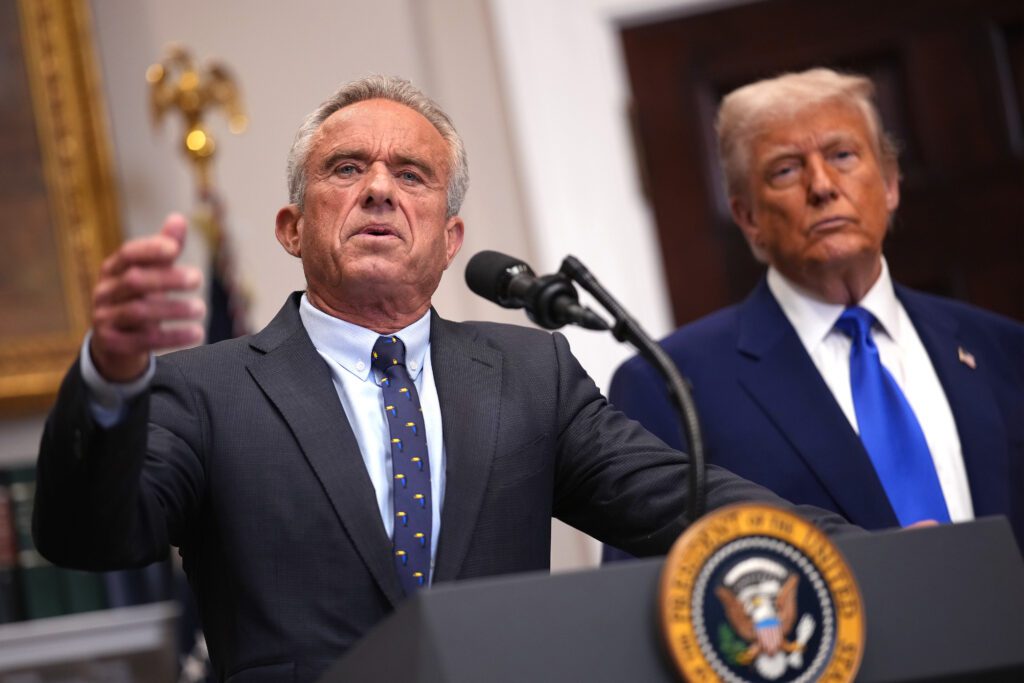Summary:
The leadership turmoil at the CDC under Secretary of Health and Human Services Robert F. Kennedy Jr. poses a significant threat to public health and vaccine access. Kennedy’s attempt to oust CDC Director Susan Monarez, who resisted anti-vaccine directives, is seen as part of his broader agenda to promote anti-science policies. This shift may lead to reduced access to essential vaccines, including COVID-19 shots, and less federal support for states, increasing the likelihood of infectious disease outbreaks.
Public health leaders are alarmed, anticipating that the CDC will disseminate unscientific health information under Kennedy’s regime. Following Monarez’s firing, four senior CDC officials resigned in protest, and a letter signed by over 6,800 HHS staff highlights their concerns about Kennedy’s impact on national health standards.
While Kennedy claims to aim for a healthier America, critics fear that his changes will undermine trust in the CDC and its guidelines. The agency’s reliance on science is at risk, with expert committees being replaced by appointees with anti-vaccine sentiments. As the situation evolves, public health advocates are pushing for oversight from Congress to limit the potential harms of Kennedy’s anti-science agenda.



